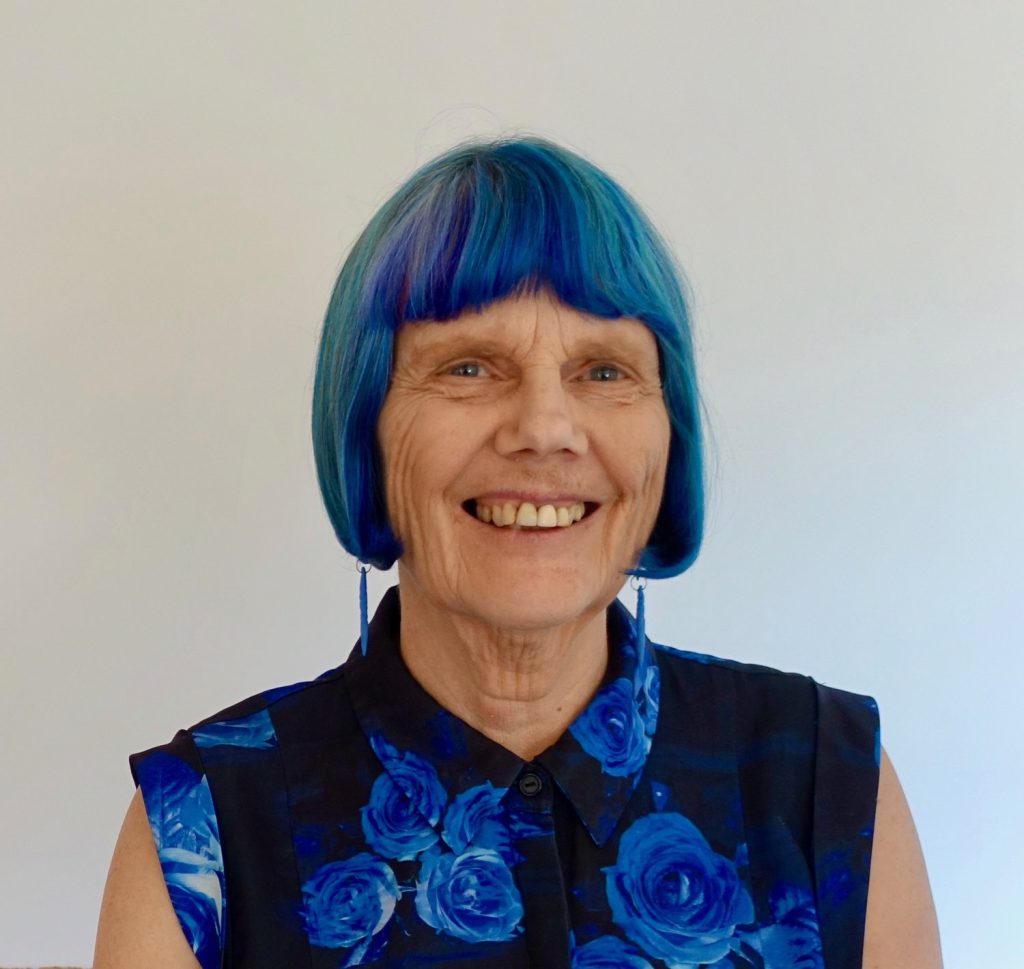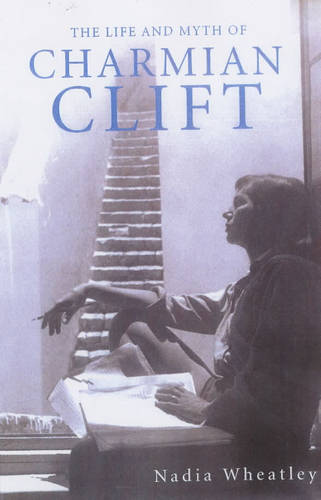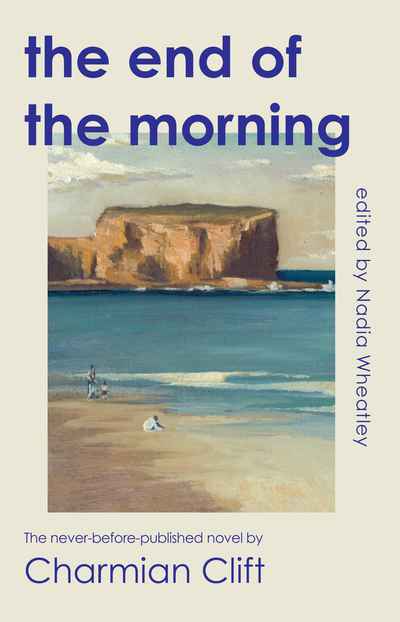In this episode of Biographers in Conversation, Nadia Wheatley chats with Gabriella about the choices she made while writing The Life and Myth of Charmian Clift, the biography of Charmian Clift, one of Australia’s most charismatic writers whose books were often decades ahead of their time.
Nadia Wheatley discloses how through considerable arm twisting, she agreed to write The Life and Myth of Charmian Clift and the meaning behind the book’s title. She also divulges her reasons for opening the biography with her personal story and why she chose to interpret Clift’s life rather than repeat the mythical representations of earlier biographies. In the book, Nadia portrays Clift’s conflicting roles as a wife and mother and her professional life, and during our conversation, she explains how she achieved such a fine balance. She also describes the novelistic devices she employed to write captivating narrative and the troubling ethical decisions she faced about revealing secrets and sensitive information.
‘The long-awaited award-winning biography of one of Australia's most charismatic and misunderstood writers.’
Charmian Clift's writing captivated readers across the nation. Her life inspired legends and fascinated thousands. Now at last here is the real story. Charmian Clift was born in Kiama, New South Wales, in 1923. In this close-knit seaside community Clift felt an outsider and rebelled against the expectations of the working-class town. The beautiful, complex and intelligent young country girl grew into a forthright and witty woman who, after a stint in the war-time army, began a career as a journalist with the Melbourne newspaper the Argus. It was here that Clift met the 'golden boy' war correspondent George Johnston, who went on to write the classic My Brother Jack. Within a short space of time Clift and Johnston had collaborated on the prize-winning novel High Valley, moved to London and then shocked everyone by giving up the sophisticated London life and moving their family to a Greek island to focus on their careers as writers.
In exciting news, Nadia has just published an edited version of Charmian Clift’s, The End of the Morning, which includes Clift’s previously unpublished autobiographical novel and thirty of Clift’s essays.
‘In those days the end of the morning was always marked by the quarry whistle blowing the noon knock-off. Since everybody was out of bed very early, morning was a long time, or even, if you came to think about it, a round time — symmetrical anyway, and contained under a thin, radiant, dome shaped cover…’
During the years of the Great Depression, Cressida Morley and her eccentric family lived in a weatherboard cottage on the edge of a wild beach. Outsiders in their small working-class community, they rant and argue and read books and play music and never feel themselves to be poor. Yet as Cressida moves beyond childhood, she starts to outgrow the place that once seemed the centre of the world. As she plans her escape, the only question is: who will she become?
The End of the Morning is the final and unfinished autobiographical novel by Charmian Clift. Published here for the first time, it is the book that Clift herself regarded as her most significant work. Although the author did not live to complete it, the typescript left among her papers was fully revised and stands alone as a novella. It is published here alongside a new selection of Clift’s essays and an afterword from her biographer Nadia Wheatley.
‘The End of the Morning is full of feeling, animated by that formless, aching questioning of childhood, and a fascinating glimpse of the forces that shaped Clift as a person and a writer.’ — Fiona Wright
‘Reading her, even a glimpsed paragraph of her, is like quaffing the finest champagne on earth.’ — Peter Craven, Sydney Morning Herald
‘Forthright, funny and with an indefinable flair, Charmian Clift’s writing plays second fiddle to nobody.’ — Richard Cotter, Sydney Arts Guide

Over a career of 40 years, Nadia Wheatley has published a number of award-winning works of fiction, history and biography. Her most recent books are the memoir Her Mother’s Daughter (Text Publishing 2018), winner of the 2019 Waverley Nib Award, and Radicals — Remembering the Sixties, co-written with Meredith Burgmann (NewSouth, 2021). In her role as Charmian Clift’s biographer, Nadia has edited Sneaky Little Revolutions — The Selected Essays of Charmian Clift (NewSouth 2022).
In 2014, the University of Sydney awarded Nadia an Honorary Doctorate of Letters, in recognition of 'her exceptional creative achievements in the field of literature, her work as an historian and her contribution to our understanding of Indigenous issues, cultural diversity, equity and social justice and the environment through story'.
In 2025, Nadia will be leading a week-long workshop on the island of Kalymnos: Charmian Clift’s Kalymnos: A Workshop for Readers and Writers
Learn More: https://nadiawheatley.com/






4 Comments
This is the lady I was actually named after
Did you mum love reading Charmian Clift Charm?
What an engaging interview! I was most struck by the writer’s emphasis on going to and understanding her subject’s “place”–as a biographer, I feel exactly the same.
thanks so much Melinda